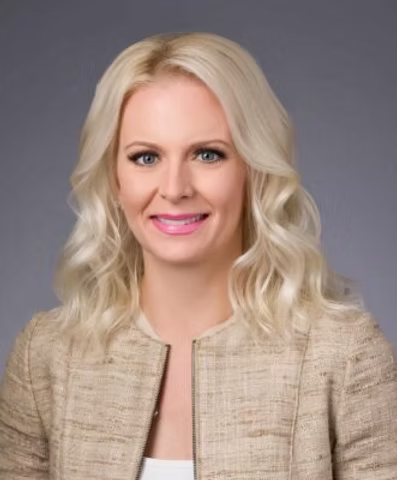Essential Steps to Take When a Family Member Passes Away
Sarah Ocampo
Losing a loved one brings not only emotional devastation but also a sudden need to handle numerous practical matters during a time when thinking clearly can be most challenging.
The period immediately following a death often leaves family members wondering what steps need to be taken and in what order. This blog post will guide you on how to navigate these challenging first days and weeks.
Understanding the Immediate Priorities
When a death occurs, families face both emotional turmoil and practical responsibilities simultaneously. While grief needs space and time, certain matters require prompt attention.
Attorney Sarah Ocampo, who specializes in probate, estate planning, and business law, recommends focusing on several critical actions to help families maintain control during this challenging period.
Step 1: Make Burial or Cremation Arrangements
The first and most immediate decision families need to address involves the final disposition of their loved one's physical remains.
This means determining whether the deceased will be buried or cremated, selecting an appropriate location, and making arrangements with a funeral home or crematorium.
This decision may be guided by:
- The deceased's documented wishes in their will or pre-arrangements
- Religious or cultural traditions important to the family
- Financial considerations regarding various options
- Family consensus about the most appropriate choice
Funeral homes typically guide families through this process, offering various service packages tailored to honor the deceased in meaningful ways while respecting budgetary constraints.
Step 2: Obtain Multiple Certified Death Certificates
One crucial step that families often underestimate is securing an adequate number of certified death certificates. Numerous institutions will require these official documents in the weeks and months following the death.
Attorney Sarah Ocampo advises that families get at least five certified copies to be on the safe side. These certificates can generally be ordered directly through the funeral home handling arrangements.
Certified death certificates will be needed for:
- Closing bank accounts and transferring assets
- Filing life insurance claims
- Notifying government agencies
- Accessing pension benefits
- Transferring vehicle titles
- Managing property ownership changes
Each institution typically requires an original certified copy rather than a photocopy, so having multiple certificates on hand proves invaluable. As Attorney Sarah Ocampo notes, this step "goes hand in hand" with making burial or cremation arrangements, as the funeral home typically assists with ordering these certificates.
Step 3: Secure the Deceased's Property
If the deceased owned property, securing those assets becomes an important priority. This includes physical properties like homes, vehicles, and valuable possessions.
You want to make sure that real property is secure so that you don't have to worry about squatters or people breaking into it. You have to visit your property and secure it for the estate.
Practical security measures might include:
- Changing locks if necessary
- Collecting mail regularly to prevent the appearance of vacancy
- Maintaining basic utilities
- Monitoring the property periodically
- Retrieving valuable items for safekeeping
- Documenting the condition and contents of the property
This step helps preserve the estate's value while probate or other legal processes determine the ultimate distribution of assets.
Step 4: Consult with an Attorney About Probate
Understanding whether probate is necessary represents another critical early step in the process.
Probate is the formal legal process through which a deceased individual's will is authenticated, outstanding debts are addressed, and the remaining assets are distributed to the designated beneficiaries.
Not all estates require formal probate proceedings. Factors that influence this determination include:
- The total value of the estate
- Types of assets owned by the deceased
- Whether assets were held jointly with others
- Existence of beneficiary designations on accounts
- State laws regarding small estate procedures
You should also contact a lawyer to determine if probate is necessary and what you need to do moving forward. An experienced probate attorney can evaluate the specific circumstances of the estate and provide guidance tailored to your situation.
Additional Information: Social Security Notification
One practical detail that families often worry about is notifying the Social Security Administration about the death. Generally, the funeral home will notify Social Security.
Most families don't need to worry about that since that isn't something that they'd personally need to do in most cases.
This reminder helps families understand which responsibilities fall to them and which are typically handled by other professionals involved.
Moving Forward with Professional Support
Navigating the aftermath of the loss of a loved one presents a range of legal, financial, and practical considerations that many individuals may find challenging to manage.
Engaging professional guidance during this time can greatly help to alleviate stress and ensure that important matters are handled appropriately and efficiently.
Working with professionals who understand the emotional and practical challenges families face after a loss ensures that important matters are appropriately handled while giving family members space to process their grief.
The days and weeks following a loved one's passing will never be easy, but having a clear understanding of the necessary steps can provide some structure during a chaotic time.
By addressing these practical matters methodically, families can honor their loved one's legacy while protecting important assets for the future.




